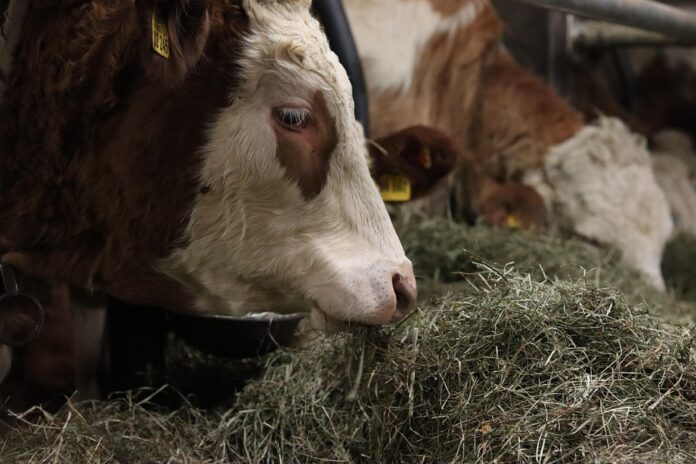The Future of Cattle Feed: Efficient, Precise, and Environmentally Responsible
The global cattle feed industry is undergoing a transformation as companies strive to develop more efficient, precise, and environmentally responsible feed solutions. With the growing demand for high-quality meat products and the increasing focus on sustainability, it has become crucial for cattle feed manufacturers to innovate and adapt to meet the evolving needs of the market.
Efficiency in Cattle Feed Production
Efficiency in cattle feed production is essential to meet the growing demand for meat products worldwide. Companies are investing in advanced technologies and processes to optimize feed formulation, reduce waste, and improve overall production efficiency. By using data-driven approaches and automation, manufacturers can increase output while minimizing costs and resources.
One key trend in cattle feed production is the use of precision nutrition, which involves customizing feed formulations based on the specific nutritional needs of each animal. By utilizing advanced analytics and machine learning algorithms, companies can develop personalized feeding programs that maximize growth and health outcomes for cattle.
Environmental Responsibility in Cattle Feed
As concerns about climate change and environmental sustainability continue to rise, the cattle feed industry is facing increasing pressure to reduce its environmental footprint. Companies are investing in research and development to develop feed solutions that are more sustainable and eco-friendly.
One innovative approach is the use of alternative feed ingredients, such as insect protein and algae, which have a lower environmental impact compared to traditional feed sources. By incorporating these alternative ingredients into feed formulations, manufacturers can reduce greenhouse gas emissions and minimize the use of land and water resources.
Industry Insights and Financial Data
The global cattle feed market is projected to reach a value of $90 billion by 2027, with a compound annual growth rate of 3.5%. This growth is driven by increasing meat consumption, rising demand for high-quality animal products, and the growing focus on sustainable agriculture practices.
Key players in the cattle feed industry include Cargill, Tyson Foods, Archer Daniels Midland, and Land O’Lakes. These companies are investing in research and development to develop innovative feed solutions that meet the changing needs of the market.
The Role of Technology in the Future of Cattle Feed
Technology plays a crucial role in the future of cattle feed production. Companies are leveraging advanced tools such as artificial intelligence, IoT sensors, and data analytics to optimize feed formulations, monitor animal health, and improve overall production efficiency.
By harnessing the power of technology, manufacturers can develop feed solutions that are tailored to the unique needs of each animal, resulting in better growth rates, improved feed conversion ratios, and reduced environmental impact. Additionally, technology allows companies to track and trace feed ingredients from farm to fork, ensuring transparency and accountability in the supply chain.
In conclusion, the future of cattle feed is bright, with a focus on efficiency, precision, and environmental responsibility. By embracing innovation and technology, companies can meet the growing demand for high-quality meat products while minimizing their environmental footprint. With a data-driven approach and a commitment to sustainability, the cattle feed industry is poised for continued growth and success in the years to come.




